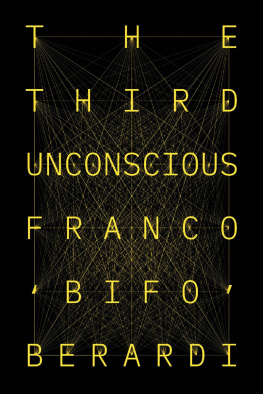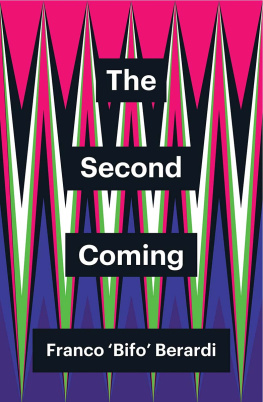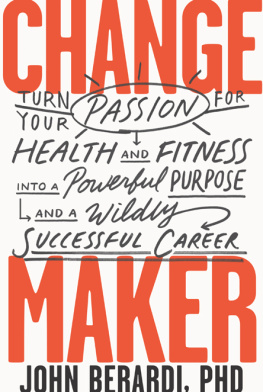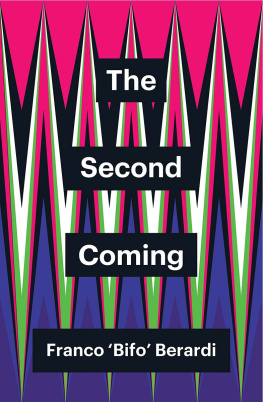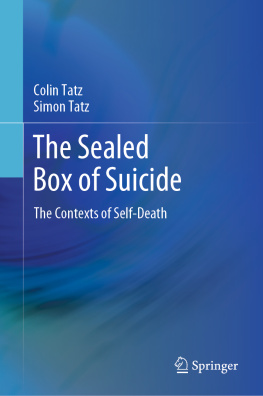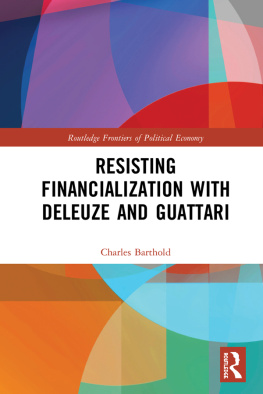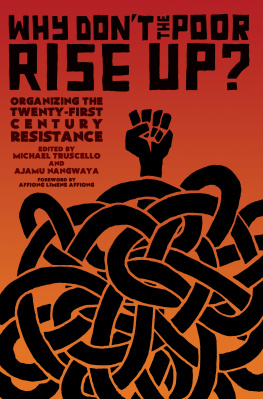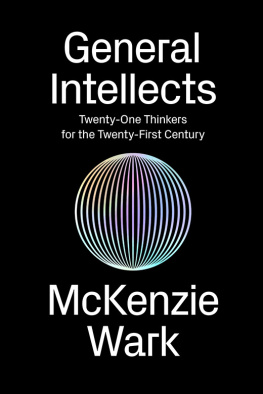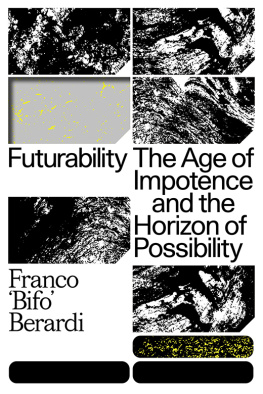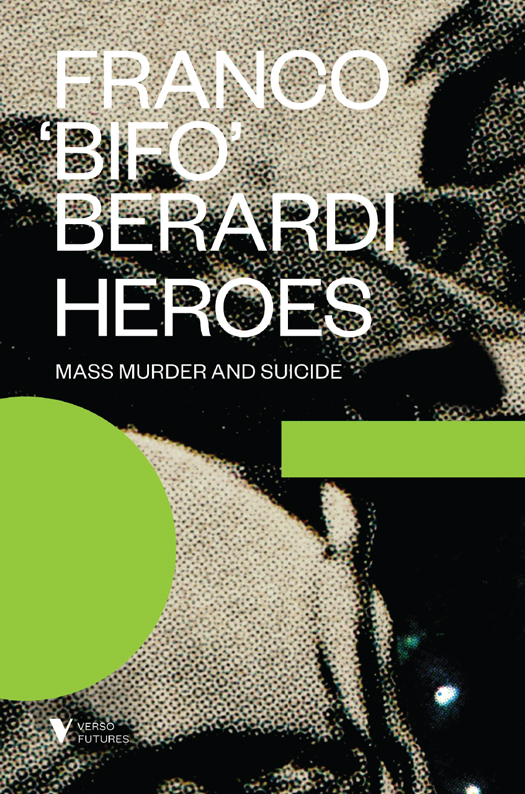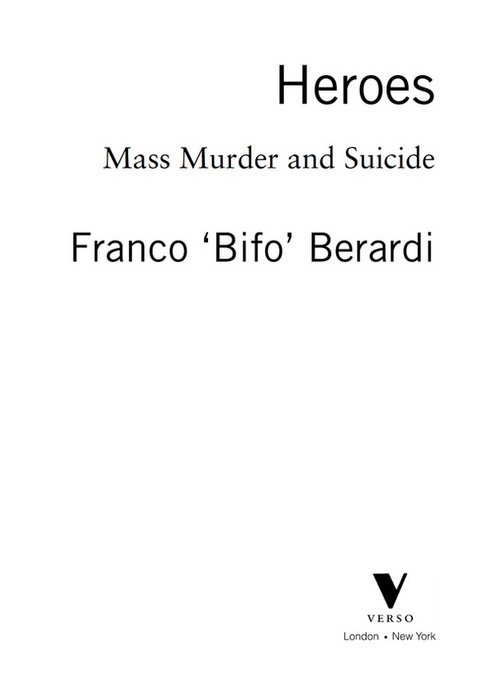Verso Futures
The law of the innermost form of the essay is heresy.
Theodor Adorno
Verso Futures is a series of essay-length philosophical and political interventions by both emerging and established writers and thinkers from around the world. Each title in the series addresses the outer limits of political and social possibility.
Also available in Verso Futures:
The Future by Marc Aug
The State of Insecurity: Government of the Precarious by Isabell Lorey
Dj Vu and the End of History by Paolo Virno
First published by Verso 2015
Francesco Berardi 2015
All rights reserved
The moral rights of the author have been asserted
Verso
UK: 6 Meard Street, London W1F 0EG
US: 20 Jay Street, Suite 1010, Brooklyn, NY 11201
www.versobooks.com
Verso is the imprint of New Left Books
ISBN-13: 978-1-78168-578-5 (PB)
ISBN-13: 978-1-78168-577-8 (HC)
eISBN-13: 978-1-78168-579-2 (US)
eISBN-13: 978-1-78168-752-9 (UK)
British Library Cataloguing in Publication Data
A catalogue record for this book is available from the British Library
Library of Congress Cataloging-in-Publication Data
A catalog record for this book is available from the Library of Congress
v3.1
Contents
Acknowledgements
I want express my gratitude to some friends who, more or less consciously, have helped me to write this book.
Thanks to Marco Magagnoli, also known as Mago, for his telepathic inspiration. Thanks to Max Geraci for helping me to sense the colourful meaning of darkness. Thanks to Federico Campagna for his friendship and for his countless suggestions.
Four Notes in Guise of a Prologue
I decided to write this book in July 2012, after reading about the mass shooting in Aurora, Colorado, that had taken place at a movie theatre screening the latest Batman film. A mixture of repulsion and perverse fascination has always lured me to read voraciously about the perpetrators of this kind of mass murder, a kind that seems to be proliferating at the moment particularly in the United States of America. But it was only when I read about James Holmes and the Aurora massacre that I decided to write about the subject. I was not spurred into action by the violence and absurdity of a country where any person, no matter whether mentally disturbed, can buy deadly weapons. We are all quite accustomed to that. What most impressed me was the metaphorical density of an act that could be interpreted as breaking the separation between spectacle and real life (or real death, which is the same). I doubt that James Holmes has ever read Guy Debord. Often, people act without reading the relevant texts. Yet Holmess gesture carried a tang of situationism. The whole history of the twentieth-century vanguard was reconvened there, and monstrously restaged. Abolish art abolish daily life abolish the separation between art and daily life, the Dadaists said. Holmes, it struck me, wanted to eliminate the separation between the spectator and the movie; he wanted to be in the movie.
So I began to read compulsively about the massacre at the screening of the Batman movie. My interest led me to news stories about other males (white, black, old, young, rich, poor, but only males, no women at all who knows why?) who shoot and kill people, and to further research into previous mass murders. From these studies, I came to the realization that the current becoming of the world could be better understood if observed through this kind of horrible madness, rather than through the polite madness of economists and politicians. I saw the agony of capitalism and the dismantling of social civilization from a very peculiar point of view: crime and suicide.
The naked reality of capitalism is today on display. And its horrible.
The subject of this book is not merely crime and suicide, but more broadly the establishment of a kingdom of nihilism and the suicidal drive that is permeating contemporary culture, together with a phenomenology of panic, aggression and resultant violence. This is the point of view from which Im looking at mass murder, focusing in particular on the spectacular implications of these acts of killing, and on their suicidal dimension.
I dont care about the conventional serial killer, the brand of secretive sadistic psychopaths who are attracted to other peoples suffering and enjoy seeing people die. Im interested in people who are suffering themselves, and who become criminals because this is their way both to express their psychopathic need for publicity and also to find a suicidal exit from their present hell. I write about young people like Seung-Hui Cho, Eric Harris, Dylan Klebold, and Pekka-Erik Auvinen, who killed themselves after trying to attract the attention of the world by ending the lives of innocent people. I also write of James Holmes, who committed a sort of symbolic suicide without actually killing himself.
I write about spectacular murderous suicides because these killers are the extreme manifestation of one of the main trends of our age. I see them as the heroes of an age of nihilism and spectacular stupidity: the age of financial capitalism.
In the book The Wretched of the Screen, Hito Steyerl recalls David Bowies 1977 release of the single Heroes.
He sings of a new brand of hero, just in time for the neoliberal revolution and for the digital transformation of the world. The hero is dead long live the hero! Yet Bowies hero is no longer a subject, but an object: a thing, an image, a splendid fetish a commodity soaked with desire, resurrected from beyond the squalor of its own demise. Just look at a 1977 video of the song and youll understand why: the clip shows Bowie singing to himself from three simultaneous angles, with layering
In the classical tradition, the hero belonged to the sphere of the epic imagination, separate from tragedy and lyrics. The hero was someone who subjugated Nature and dominated the events of history with the strength of will and of courage. He founded the city and warded off the demonic forces of chaos. This vision can still be found in the time of the Renaissance, and Machiavellis prince can be considered the hero of modern political narration: the man who establishes the nation state, builds the infrastructures of industry and gives shape to a common identity.
This epic form of heroism disappeared towards the end of modernity, when the complexity and speed of human events overwhelmed the force of the will. When chaos prevailed, epic heroism was replaced by gigantic machines of simulation. The space of the epic discourse was occupied by semiocorporations, apparatuses for the emanation of widely shared illusions. These games of simulation often took the shape of identities, as with popular subcultures like rock, punk, cyberculture and so on. Here lies the origin of the late-modern form of tragedy: at the threshold where illusion is mistaken for reality, and identities are perceived as authentic forms of belonging. It is often accompanied by a desperate lack of irony, as humans respond to todays state of permanent deterritorialization by enacting their craving for belonging through a chain of acts of murder, suicide, fanaticism, aggression, war.
I believe that it is only through irony and through a conscious understanding of the simulation at the heart of the heroic game, that the simulated hero of subculture still has a chance to save itself.


